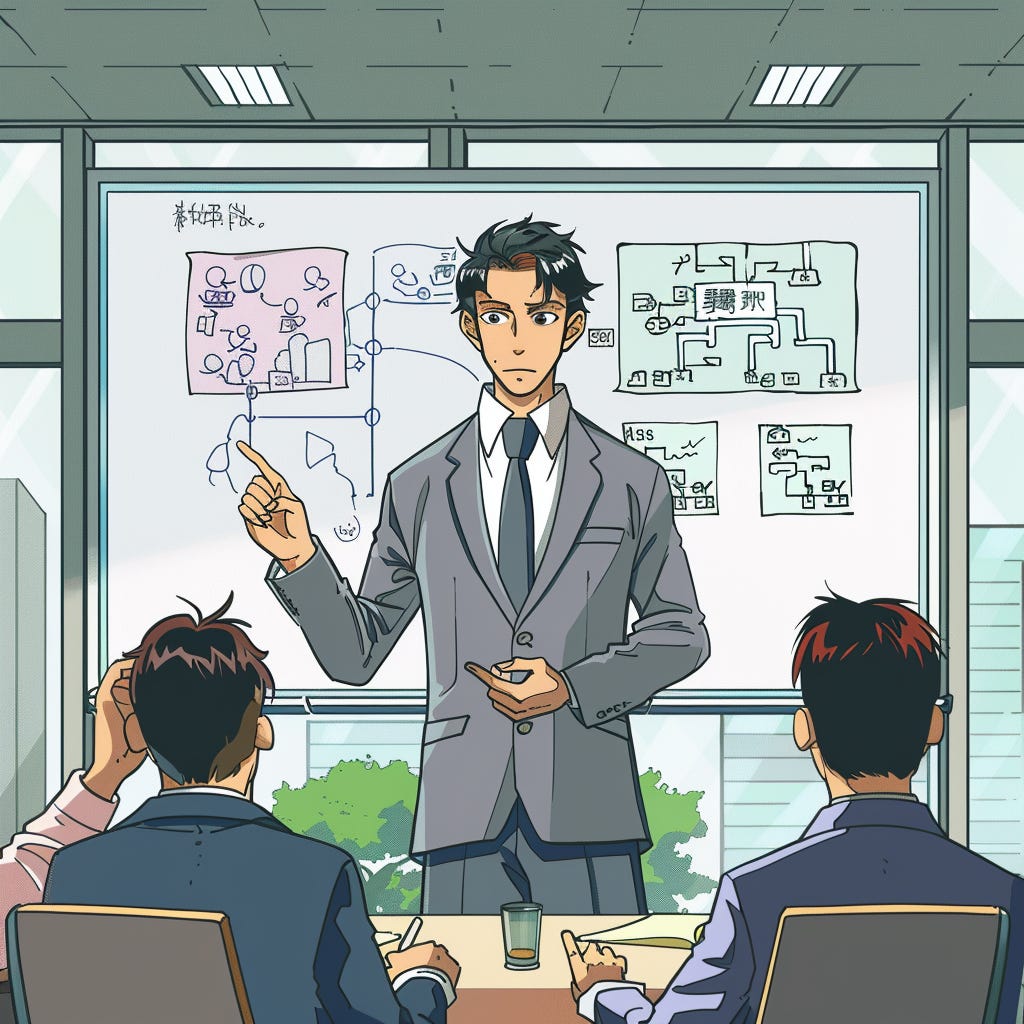Over the last few years, we've hired and fired dozens of employees.
As an owner-operator, each time we add someone new to the team, I can't help the fear of investing in them only for them to leave and start the process over again.
The following tweet inspired my post.
Omar has been posting about the Miami market for a while, and while I don't personally know him, I admire the content he puts out on Twitter. He is a very knowledgeable real estate guy.
As I read the tweet, I immediately thought of our company's past and present employees into whom we invested hours of training.
Training Systems: A Business’s Best Pal
"Training" an employee isn't an on-and-off switch. It's an ongoing process that is more of a spectrum. Instead of asking, "Is she trained?" the proper question is, "How trained is she?".
Training is an investment that takes time and effort. Creating a training system frontloads your time and effort; you pay your dues initially. Once ready, it becomes a conveyor belt where employees are dropped off and come out on the other side with enough training to do an adequate job. In this case, the answer to "How trained is she?" is "Enough."
Most small businesses need a training system. Even large corporations I've worked for lack training systems.
The absence of systems causes fear in training new employees because they might leave. This happened to us often: we hired a new employee and paired them with a senior-level employee who spent their time training them. Months later, that person is out. The cycle continues to repeat itself. The senior person becomes unproductive, and the job is not done satisfactorily. It trickles into the rest of the business, cancer-style.
When you train them, and they leave
For starters, I assume that the people you're hiring have what I call initial talent. This means they have either the natural ability or experience to do the type of work you're hiring them for. If the New York Knicks called me right now to be their center, it would not matter how good of a system they had in place.
Ok, now that that's out of the way, it doesn't matter much who does the job when you develop a system. You can train anyone to do the job if they have some initial talent. Of course, you need someone extraordinary in some cases, but I'm referring to standard employment in this post. Think real estate, not linear algebra.
In "The E-Myth Revisited," Michael Gerber discusses the importance of systematizing your business so that it can operate efficiently regardless of the specific individuals working in it. The idea is to create systems so your business can operate like a franchise model. In a franchise, you can plug and play any employee into any job, and they can perform well. The operational procedures are so well-defined and standardized that it becomes unimportant who is hired because the system dictates the operation rather than relying on the skills or decisions of individuals.
If losing an employee hurts the business badly, you need a better training system. You hit the jackpot with someone talented, and it will be hard for anyone to fill that role until you sit down and write out precisely what is needed for that role, along with a comprehensive manual and instructional videos to give to the following individual. Someone should also be in charge of following up with the employees and ensuring they're learning. When we first began implementing training systems, I made all the videos, had daily break-out sessions where I elaborated on concepts, and asked new hires for reports at the end of the day. I still do this for some employees when needed, but I aim to delegate to our managers to train people as much as possible.
If you train them well and they leave, here is what could happen.
Keep reading with a 7-day free trial
Subscribe to Adan’s Newsletter to keep reading this post and get 7 days of free access to the full post archives.





